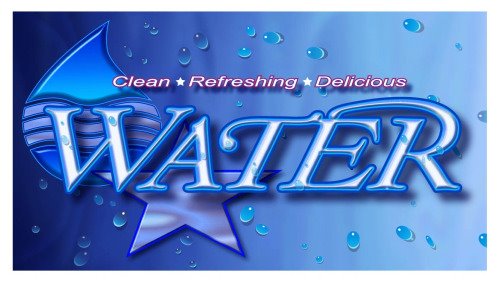Put this into the category of the "educated consumer". Not offered up as a scare tactic by an interest group, this rather long article evenhandedly cites the ways lead exposure via drinking water can be vastly different that what is reported from annual municipal water reports.
Exposure on Tap: Drinking Water as an Overlooked Source of Lead
Unlike most water contaminants, lead gets into water after it leaves a water treatment plant. Often this contamination is the result of water treatment changes meant to improve water quality that end up altering the water chemistry, destabilizing lead-bearing mineral scales that coat service lines and corroding lead solder, pipes, faucets, and fixtures. “Lead is a ‘close-to-home’ contaminant,” says Marc Edwards, an environmental engineer at Virginia Polytechnic Institute and State University. “That makes it very difficult to regulate and monitor.”
“EPA as the regulator of lead in tap water and CDC [Centers for Disease Control and Prevention] with its concern for preventing lead poisoning in children should be working together to get on top of this problem,” says Edwards. “But in my experience this is not occurring to the extent it should.”
|




